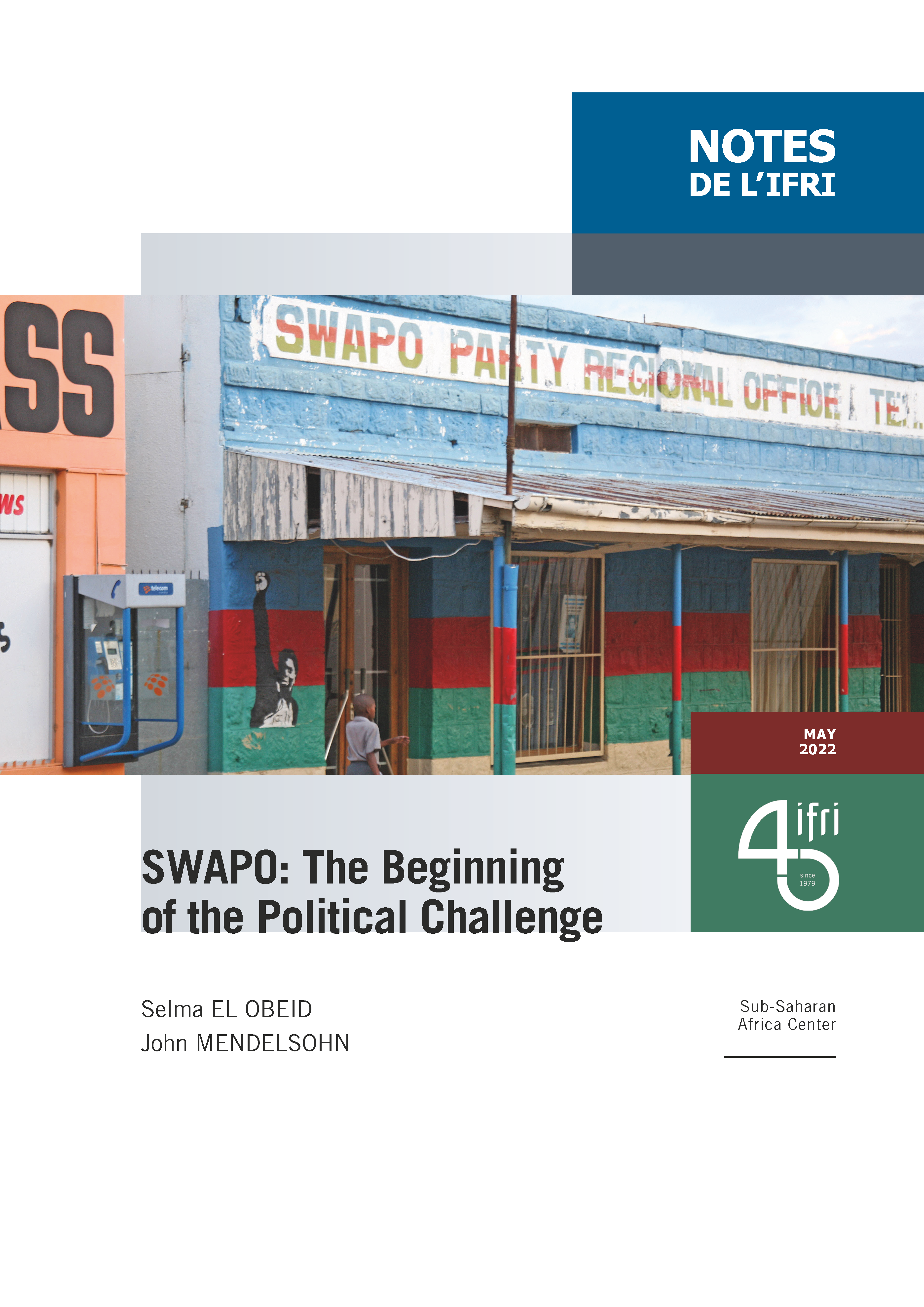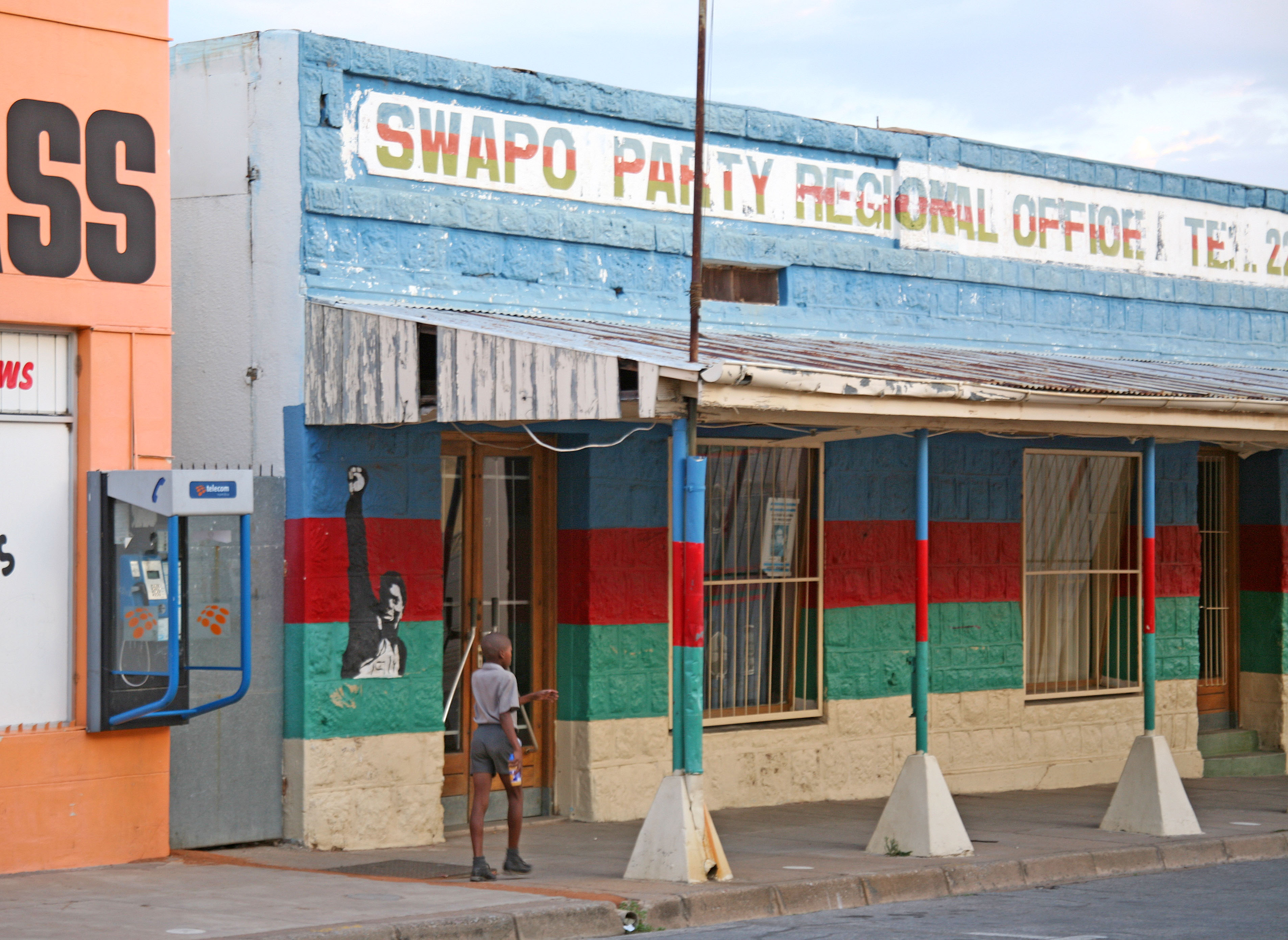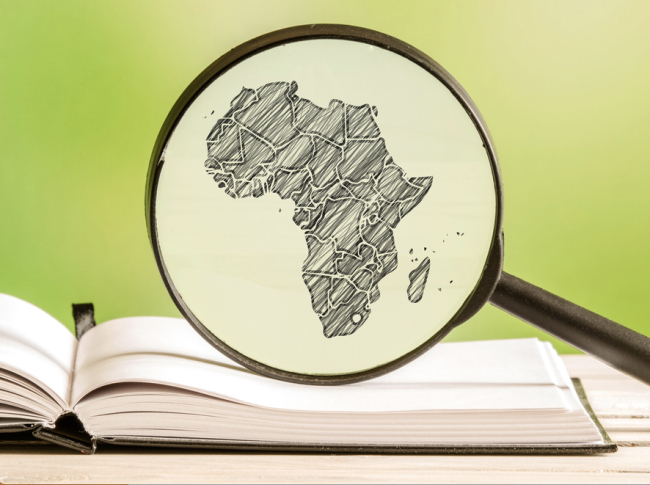SWAPO: The Beginning of the Political Challenge

Increasingly, the South West Africa People’s Organization (SWAPO) is on shaky ground, caught between internal factionalism and external resentment. Whereas no major new political party has emerged since independence, opposition parties are gradually gaining support, mainly among young voters, and now control the three most important economic centers, weakening SWAPO's thirty-year one-party domination.

SWAPO’s old guard is engaged in hardened leadership battles, while SWAPO Youth League members claim populist reforms. Rival SWAPO members are openly calling for Geingob’s government to be recalled. It has become commonplace that SWAPO hardliners make direct and veiled threats towards their opponents. In this context, the 2019 ballots reflected a major slump in the party’s popularity. SWAPO presidential candidate Hage Geingob was elected with a majority of 56%, way down from his 86% of the vote in 2014.
For the first time, the party lost its two thirds majority in the National Assembly, as well as its dominance in the local councils during the 2020 local authority election. This slump came as a result of Namibia’s economic woes, high-level corruption scandals, and internal power struggles, and younger and more discerning voting public. SWAPO has become a business empire that benefits its elite patrons and clients, a far cry from its role in gaining Namibia’s independence in 1990 and its promise to deliver comprehensive social and economic development. As a result, young voters of the so-called “born free” generation and Namibia’s rapidly urbanizing population are shifting political dynamics as they clamor for accountable leadership and better economic opportunities.
Despite growing dissatisfaction with the ruling party, no major new political party has emerged since independence. However, opposition parties are gradually gaining support, mainly among young voters, and now control the three most important economic centers – Windhoek, Walvis Bay and Swakopmund. After thirty years at the helm, SWAPO’s one-party domination has weakened, and is now challenged to earn its place in the future.
This paper analyzes these new political dynamics through the results of the last national and local elections. It explains the reasons behind SWAPO’s decline, and their chances of holding onto power.

Available in:
Regions and themes
ISBN / ISSN
Share
Download the full analysis
This page contains only a summary of our work. If you would like to have access to all the information from our research on the subject, you can download the full version in PDF format.
SWAPO: The Beginning of the Political Challenge
Related centers and programs
Discover our other research centers and programsFind out more
Discover all our analysesGabon: Has an — Almost — Exemplary Transition Produced a New Political Model?
In two rounds of voting, on September 27 and October 11, 2025, the citizens of Gabon elected the members of both their local councils and the new national assembly. This marked almost the final stage of political transition, little more than two years after the coup d’état that had overthrown the more than five decades old dynastic regime of the Bongos — Omar, the father, who died in office in 2009, and then his son Ali, who is now in exile.
Claiming "The People": Youth Booms, Ailing Authoritarians and "Populist" Politics in Kenya, Uganda, and Tanzania
This study analyses the emergence of so-called “populist” political tendencies in three East African countries: Kenya, Uganda and Tanzania. It builds its analysis on a wider discussion of the term “populism”, its use and applicability in (eastern) African settings before going on to examine the drivers of three cases of populism: William Ruto’s 2022 election victory in Kenya and the “Hustler Nation”; Bobi Wine’s opposition to Yoweri Museveni in Uganda; and John Magufuli highly personal style of government in Tanzania.
The Contradictory Impacts of Western Sanctions on Economic Relations between Russia and Sub-Saharan Africa
How does Russia maintain economic ties with Africa despite Western sanctions? An analysis of investments, trade, and the circumvention strategies deployed by Moscow.
The Revenue Sources Sustaining Sudan’s Civil War. Lessons for the year 2023
Wars require money and resources, and often, most conflicts involve controlling sources of income and supply lines or denying them to enemies. This has been the case in Sudan’s past conflicts and is again as the civil war—between the Sudan Armed Forces (SAF), commanded by General Abdelfattah al-Burhan, and the paramilitary Rapid Support Forces (RSF), commanded by General Mohammed Hamdan Daglo “Hemedti” —has sunk into a protracted conflict.











